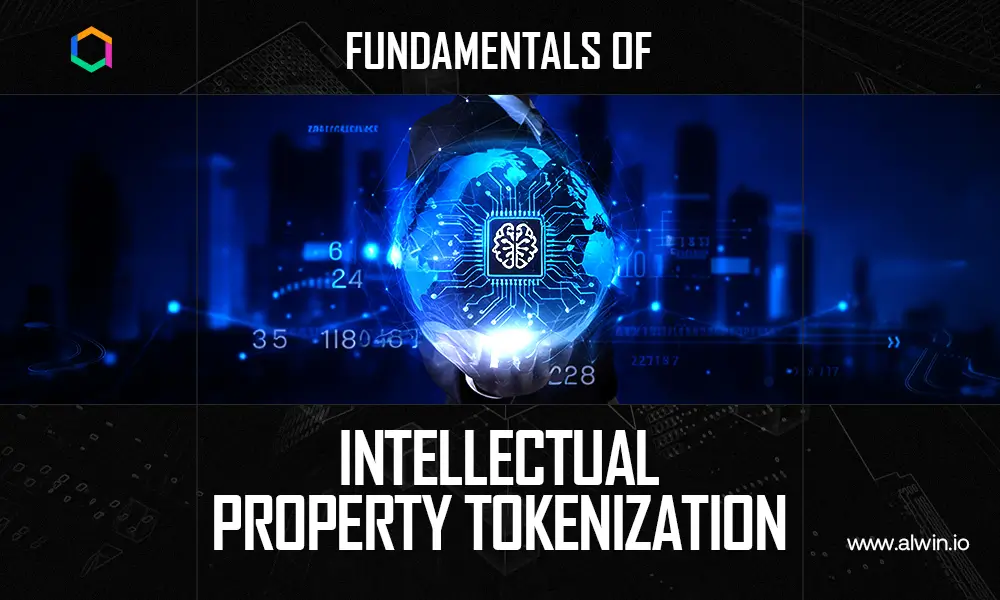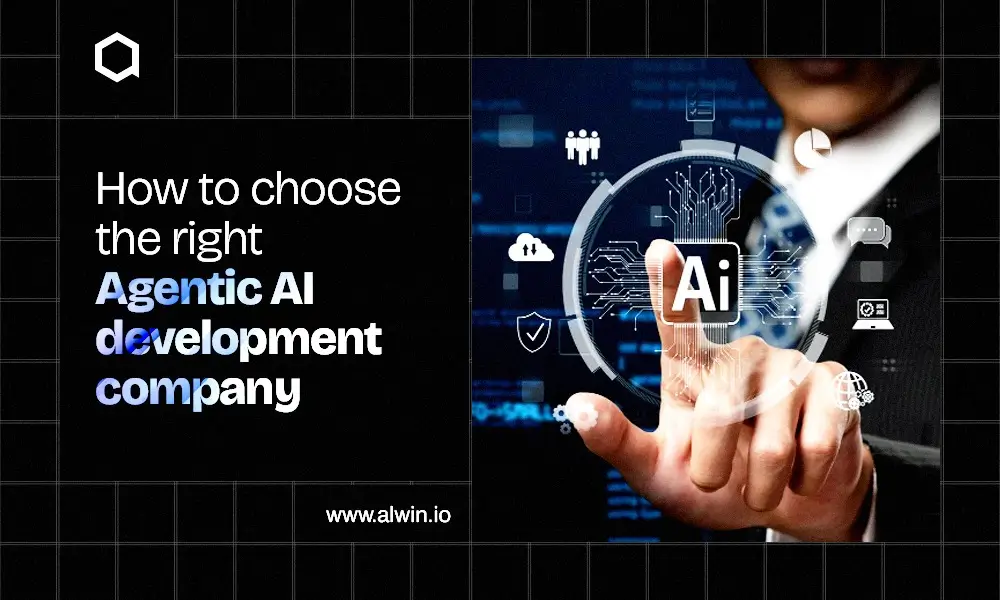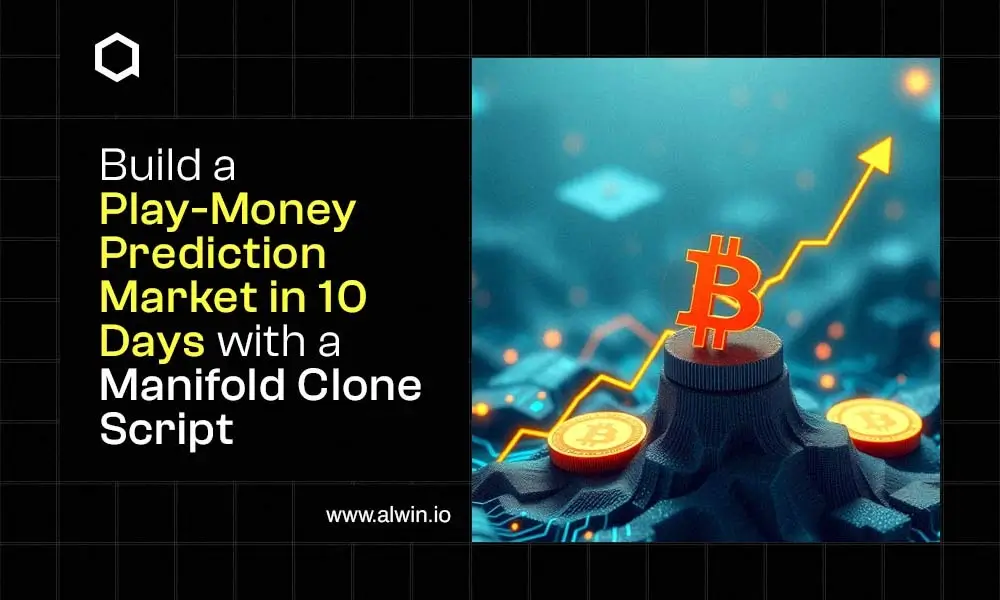Imagine owning a piece of a famous patent, a blockbuster movie’s royalty rights, or even a groundbreaking scientific discovery, all without complicated legal hurdles or massive upfront costs. That’s the promise of IP tokenization, a powerful way to turn intellectual property into tradable digital assets on the blockchain.
So why does this matter?
Well, the traditional IP market is filled with inefficiencies. Buying, selling, or licensing intellectual property is often complex, expensive, and limited to big corporations or well-funded investors. But with Blockchain Technology, IP assets can be fractionalized, tokenized, and traded globally, much like stocks or cryptocurrencies.
And this isn’t just theory. According to the World Intellectual Property Organization (WIPO), global IP filings have been steadily increasing, surpassing 3.5 million patent applications in 2022 alone. Yet, a vast majority of these patents sit unused due to the challenges of monetization. Tokenization changes the game by bringing liquidity, transparency, and accessibility to IP assets.
Whether you’re a startup looking to raise capital, an artist protecting your work, or an investor exploring new asset classes, IP tokenization is creating new opportunities that never existed before. The question is are you ready to be part of this digital transformation?
Understanding Intellectual Property (IP) in the Digital Age
Intellectual Property (IP) is the backbone of innovation, fueling industries from technology and entertainment to pharmaceuticals and fashion. But what exactly falls under IP? It includes:
Patents: Exclusive rights granted for inventions (e.g., new technologies, medical breakthroughs).
Trademarks: Brand identities like logos, names, and slogans (think Nike’s swoosh or McDonald's golden arches).
Copyrights: Protection for creative works, such as books, music, films, and software.
Trade Secrets: Confidential business information, like Coca-Cola’s secret formula or Google’s search algorithm.
Despite being a multi-trillion-dollar industry, IP ownership and monetization remain highly inefficient. According to the World Intellectual Property Organization (WIPO), over 95% of patents are never commercialized, not because they lack value, but because the process of buying, selling, or licensing IP is often complex, costly, and exclusive to large corporations.
However, digital transformation is changing the landscape. Blockchain and smart contracts are making it easier to tokenize, track, and trade IP assets globally. Instead of navigating months-long legal negotiations, creators and businesses can now fractionalize ownership and instantly transfer IP rights via secure, transparent digital tokens.
This shift is opening doors for small businesses, independent creators, and investors, fostering a more inclusive and efficient IP economy. With the NFT Marketplace Business Model driving the tokenization of digital art, music rights, and patent-backed assets, intellectual property is becoming more liquid, accessible, and valuable than ever before.
So,what does this mean for businesses and creators? It means a whole new way to open the hidden potential of intellectual property, one that’s faster, fairer, and more profitable in the digital age.
What is IP Tokenization?
At its core, IP tokenization is the process of converting intellectual property rights, such as patents, copyrights, trademarks, or trade secrets, into digital tokens on a blockchain. These tokens represent ownership, usage rights, or revenue shares, making it easier to buy, sell, license, or invest in IP assets securely and transparently.
How Blockchain Powers IP Tokenization?
Blockchain power-ups IP transactions by eliminating intermediaries, reducing costs, and improving security. Its decentralized, immutable ledger provides transparency, minimizes fraud, and protects ownership rights through cryptographic encryption. Additionally, fractional ownership allows IP assets to be tokenized, making investment more accessible.
Smart Contracts Automating IP Management
A key innovation behind IP tokenization is smart contracts, self-executing agreements stored on the blockchain. These contracts automate licensing, royalty distribution, and compliance without the need for manual intervention.
Here are some of an example:
1. A musician can tokenize song royalties, automatically distributing payments to token holders each time the track is streamed or purchased.
2. A startup with valuable patents can issue tokens representing a share of future licensing revenue, attracting investors.
3. A research institution can tokenize its discoveries, allowing multiple stakeholders to fund and benefit from innovations.
How Does IP Tokenization Work?
Tokenizing intellectual property (IP) transforms it into a digital asset, making it easier to trade, license, and even co-own. But how does this work? Let’s break it down in a way that makes sense (without drowning in technical jargon).
Step-by-Step Process of Tokenizing IP
1. Identifying and Digitizing the Intellectual Property
First things first, what exactly are you tokenizing? It could be a patent, trademark, copyright, or even a trade secret. The IP owner needs to verify and document the asset before digitizing it into a blockchain-friendly format. Think of this as turning your traditional IP rights into a digital certificate that can be securely stored and traded.
2. Choosing the Right Blockchain and Token Standard
Not all blockchains are created equal. Some are better suited for financial transactions, while others specialize in NFTs (non-fungible tokens) and smart contracts. For IP tokenization, platforms like Ethereum, Polygon, or Hyperledger are popular choices.
ERC-721 and ERC-1155 (Ethereum standards) are common for NFTs, making them great for unique IP assets. Security tokens (like ERC-1400) work well when fractional ownership or investment is involved.
3. Creating Smart Contracts to Define Ownership and Rights
A smart contract is a self-executing agreement that specifies who owns the IP, who receives royalties when it’s used or sold, and what rights token holders have (e.g., full ownership vs. licensing rights). For example, if an artist tokenizes a song, smart contracts can automatically distribute royalties to token holders every time the song is streamed or licensed, eliminating the need for middlemen.
4. Issuing and Distributing Tokens to Investors or Stakeholders
Once IP is tokenized, tokens can be sold to investors (fractional ownership), used for crowdfunding (IP-backed investment), or licensed for digital rights management, similar to buying shares in a company, but for intellectual property.
5. Managing Royalties, Licensing, and Transactions via Smart Contracts
One of the coolest aspects of IP tokenization? Royalties are automatic! Smart contracts guarantee that every time an IP asset is used (e.g., a song streamed, an artwork resold, or a patent licensed), the rightful owners get paid instantly, without waiting months for a check.
Benefits of IP Tokenization
IP tokenization is transforming the way intellectual property is owned, traded, and monetized. By turning IP into blockchain-based digital assets, it creates new opportunities for creators, investors, and businesses.
Liquidity Like Never Before
Traditionally, IP assets whether patents, trademarks, or copyrights were hard to sell and often required complex legal processes. Tokenization changes the game by transforming IP into tradeable digital tokens, allowing easy buying, selling, or fractional ownership. Now, anyone, not just big corporations, can invest in and profit from valuable IP.
Total Transparency, Zero Disputes
Blockchain provides secure transactions, from ownership transfers to royalty payments, that are permanently recorded and visible to all. No more disputes, no more hidden deals, just pure transparency and trust. With immutable records, proving IP ownership has never been this simple and secure.
Royalties on Autopilot
Smart contracts automate royalty payments, that are safe and execute instant payouts whenever an IP asset is used, sold, or licensed. Artists, inventors, and creators no longer have to chase down payments or wait months for a check, earnings are distributed instantly, fairly, and without middlemen.
Borderless IP Marketplaces
No geographical restrictions are there in tokenized IP marketplaces, trades are done globally in a decentralized platform. A startup in Tokyo can license a U.S. patent effortlessly, while an artist in London can sell music rights to fans worldwide. No borders, no barriers, just smooth global transactions.
Lower Costs, Higher Profits
With traditional IP transactions, lawyers, brokers, and middlemen take a big cut. Tokenization slashes these costs, allowing creators and businesses to keep more of what they earn. Fewer intermediaries mean faster deals, fewer fees, and higher profits.
New Investment Opportunities
You don’t need millions to own valuable IP. Fractional ownership lets you buy a share of a patent, song, or artwork, just like investing in stocks. This opportunity allows everyone into the brand-new asset class and makes IP investment accessible.
Real-Time Payments, Zero Delays
With blockchain and smart contracts, there is no need to wait for royalties, payments are instant, automatic, and completely transparent. When your IP is sold, earning hit your wallet in realtime.
Key Challenges and Considerations in IP Tokenization
IP tokenization faces significant challenges, with legal and regulatory uncertainty being the biggest hurdle. Different jurisdictions have varying IP laws, making it difficult to enforce ownership and licensing rights on a global scale. Additionally, security risks like hacks, fraudulent tokenization, and smart contract vulnerabilities pose serious threats, requiring robust verification and cybersecurity measures to protect IP holders.
Other key concerns include valuation complexities, industry resistance, and interoperability issues. Unlike traditional assets, pricing tokenized IP is subjective and lacks standardized models. Many industries are still hesitant to shift from conventional IP management, and platform fragmentation limits smooth transactions across different blockchains. While these obstacles exist, advancements in regulation, security, and adoption will gradually pave the way for a more efficient and transparent IP tokenization ecosystem.
The Future of IP TokenizationTrends and Innovations
The future of IP tokenization is being shaped by advanced Asset Tokenization Platform Development, enabling businesses and creators to smoothly convert their intellectual property into secure, tradeable digital assets. As blockchain technology evolves, decentralized IP marketplaces are making it easier to buy, sell, and license patents, trademarks, and copyrights. With the right asset tokenization platform, companies can utilize smart contracts for automated royalties, fractional ownership models, and global transactions, unlocking new revenue streams.
If you're looking to develop a customized Asset Tokenization Platform to tokenize IP securely and efficiently, WeAlwin Technologies offers advanced solutions customized to your needs. With expertise in blockchain integration, smart contract development, and secure digital asset management, we help businesses navigate the future of tokenized intellectual property. Get in touch today to explore how our platform can transform your IP into a liquid, scalable digital asset.



